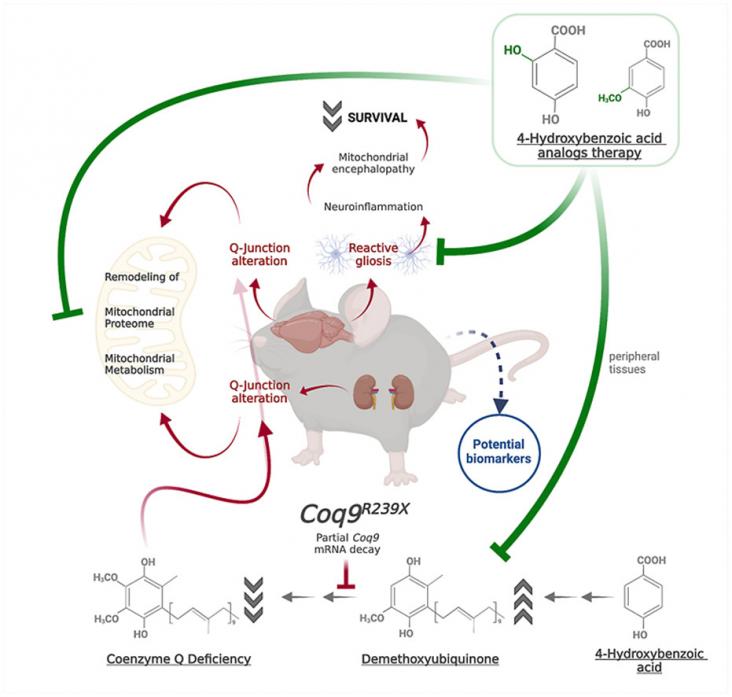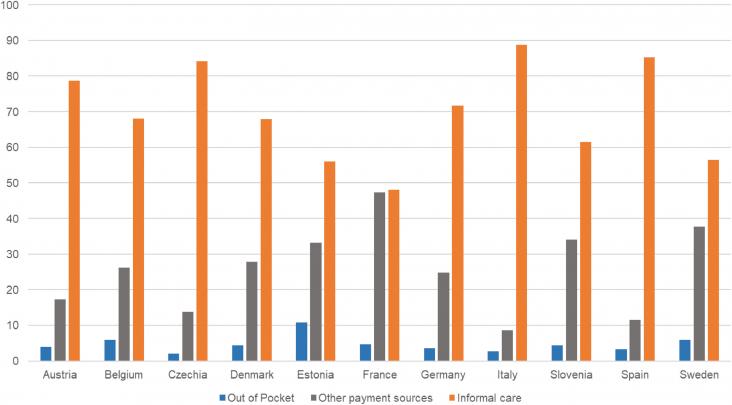An Article in support of SDGs 3 and 13, assessing the effect of temperature on the incidence of hate speech online, particularly in the context of climate change, mental health, and human behaviour.
This Review supports SDGs 3 and 5, focusing on the gendered association between unpaid labour and mental health, particularly in relation to the fact that women do more hours of unpaid labour worldwide than men. The Review found that unpaid labour is associated with worse mental health in women than in men.
A promising gene therapy called anti-tau ASO shows potential in lowering harmful tau protein linked to Alzheimer's disease.
This Article supports SDG 3, 7, and 8 by showing an inverse association between air pollution attributed to disease burden and gross state domestic product for most states in India, thus highlighting the need to curtail air pollution attributed to disease burden in order to achieve sustainable economic growth.
This Article supports SDG 3 by highlighting the benefts of combination therapy with beta blockers and angiotensin receptor blockers in patients with Marfan syndrome, a rare genetic disorder.

Defects in Coenzyme Q (CoQ) metabolism have been associated with primary mitochondrial disorders, neurodegenerative diseases and metabolic conditions. The consequences of CoQ deficiency have not been fully addressed, and effective treatment remains challenging. This article provides key mechanistic insights into defects in CoQ metabolism and identifes potential disease biomarkers.
This article ties to SDG 3. This study reviewed the literature on family-based mental health interventions for refugees across migration contexts and settings to identify types of interventions and intervention components, implementation approaches and to assess effectiveness.

An article on dementia and Alzheimer's disease costs, in the context of SDG 3, focusing specifically on the economic costs of care in Europe.
This content aligns with Goal 3: Good Health and Wellbeing as well as Goal 10: Reducing Inequalities by outlining key aspects of disability studies and considers how this strongly emerging field is intersecting with scholarship and activism across many varieties of neurodivergence
Elsevier,
Oncogenic Viruses, Volume 2: Medical Applications of Viral Oncology Research 2023, Pages 173-189
Hepatitis B virus (HBV) is a hepatotropic virus capable of evading immune defense, usually leading to chronic hepatitis and hepatocellular carcinoma.
